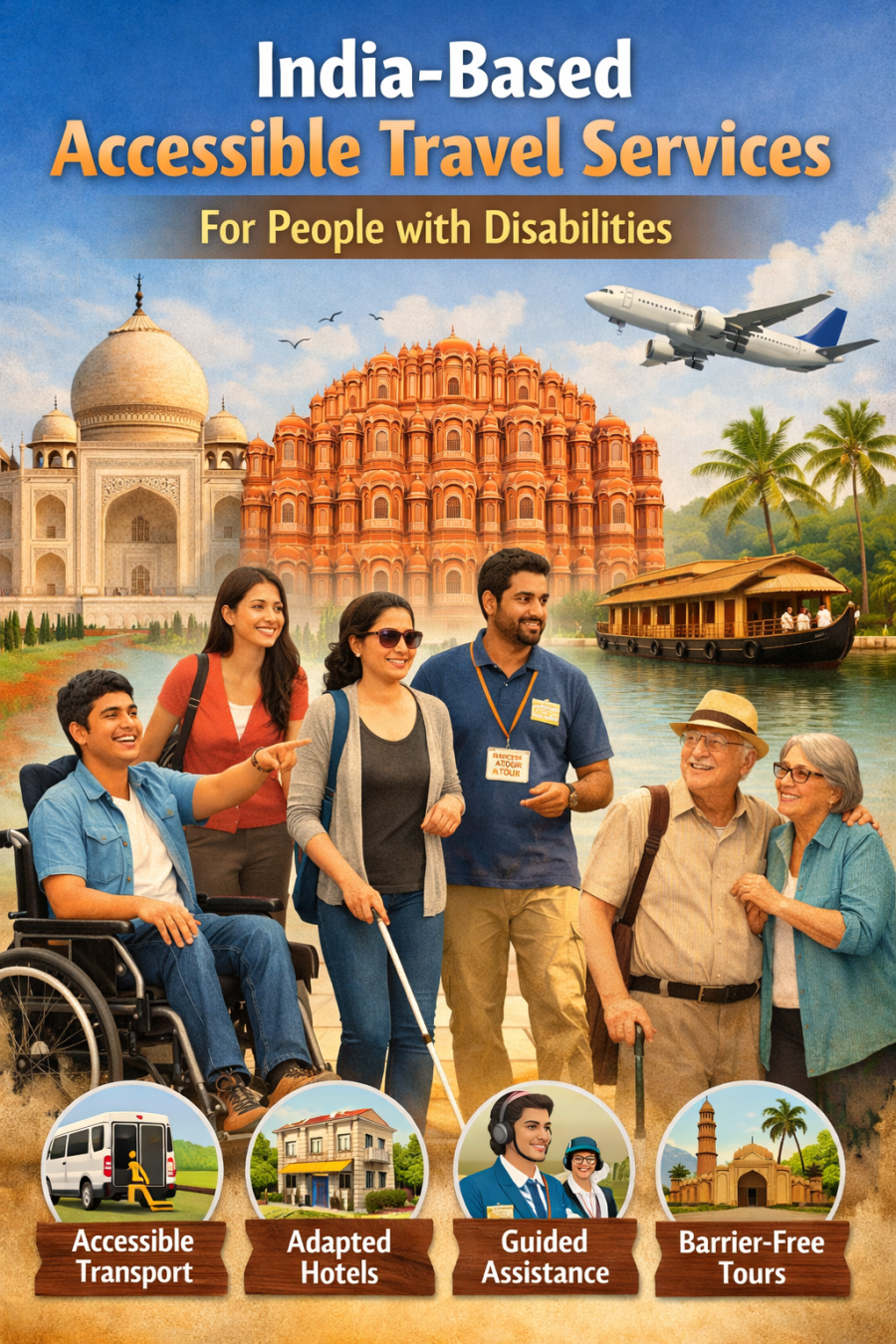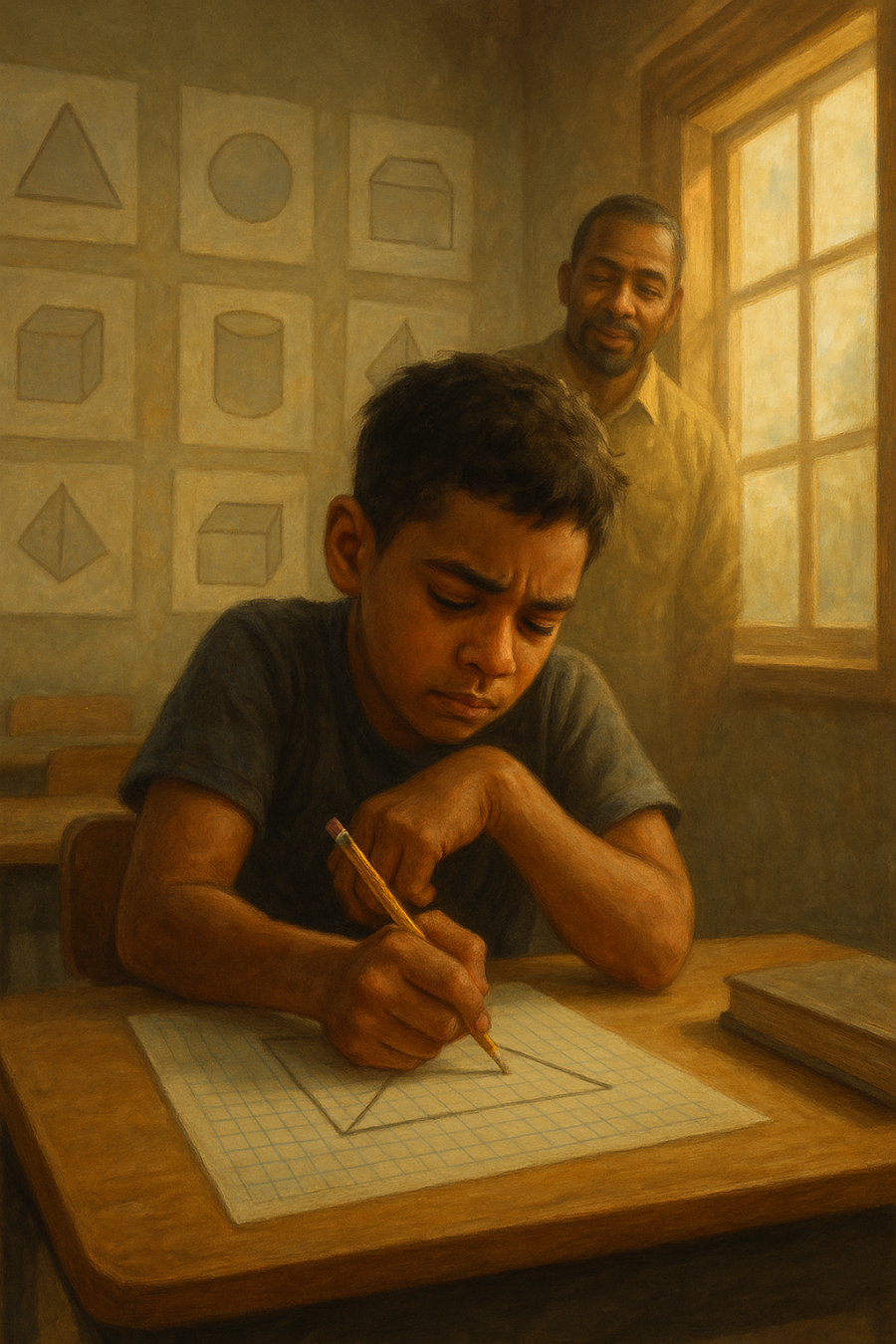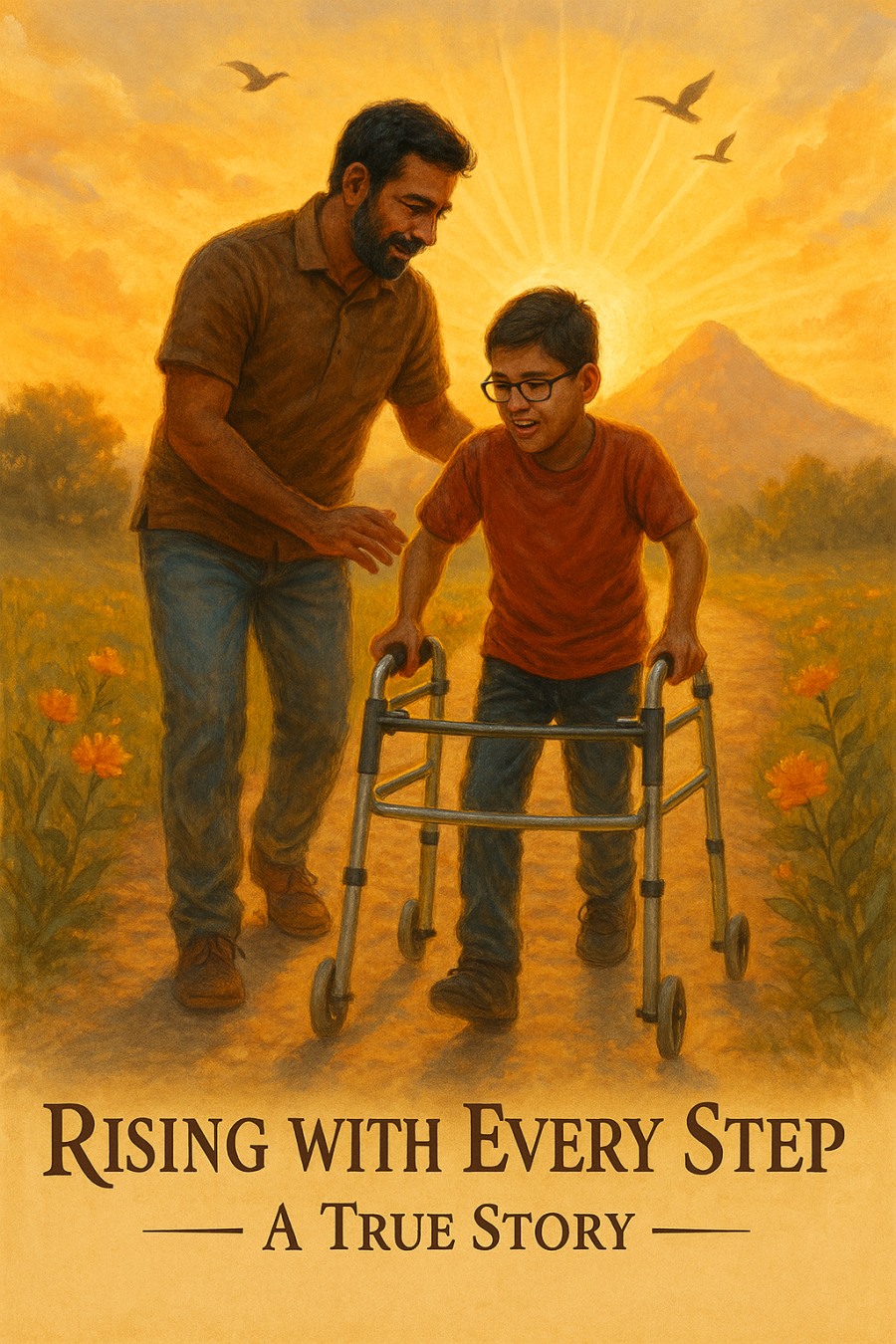- Argentina
- Australia
- Austria
- Bahrain
- Belgium
- Bhutan
- Brazil
- Brunei
- Cambodia
- Canada
- Chile
- China
- Colombia
- Cyprus
- Denmark
- Fiji
- Finland
- France
- Germany
- Greece
- Hong Kong SAR China
- Hungary
- India
- Indonesia
- Iran
- Iraq
- Israel
- Italy
- Japan
- Jordan
- Kenya
- Kuwait
- Luxembourg
- Macau SAR China
- Malaysia
- Maldives
- Mauritius
- Myanmar [Burma]
- Nepal
- Netherlands
- New Zealand
- Norway
- Oman
- Philippines
- Poland
- Portugal
- Qatar
- Russia
- Saudi Arabia
- Singapore
- South Africa
- South Korea
- Spain
- Sri Lanka
- Swaziland
- Sweden
- Switzerland
- Taiwan
- Thailand
- Turkey
- Ukraine
- United Arab Emirates
- United Kingdom
- United States
- Vietnam
- Yemen
- Zimbabwe
What is autism
What is autism
Autism, also known as autism spectrum disorder (ASD), is a neurodevelopmental disorder characterized by challenges with social interaction, communication (both verbal and nonverbal), and repetitive behaviors or restricted interests. It's called a "spectrum" disorder because it can manifest in a wide range of symptoms, skills, and levels of impairment, which can vary greatly from person to person.
Some common characteristics of autism include:
Social Interaction Challenges: Difficulty in understanding and interpreting social cues, such as facial expressions, gestures, and tone of voice. Individuals with autism may struggle with making eye contact, engaging in reciprocal conversation, or understanding social norms.
Communication Difficulties: This can range from delayed language development to difficulty initiating or sustaining conversations. Some individuals with autism may have difficulty with speech fluency, understanding figurative language, or using and interpreting nonverbal communication such as gestures or body language.
Repetitive Behaviors and Restricted Interests: Many individuals with autism engage in repetitive movements or behaviors, such as hand-flapping, rocking, or repetitive vocalizations. They may also have intense interests in specific topics or activities and may engage in repetitive play focused on those interests.
Sensory Sensitivities: Sensory sensitivities are common in autism, which means individuals may be hypersensitive or hyposensitive to sensory stimuli such as light, sound, touch, taste, or smell. This can lead to discomfort or distress in certain environments or situations.
Routines and Rituals: Individuals with autism often prefer predictability and routine and may become upset or anxious when routines are disrupted. They may have specific rituals or rituals they adhere to rigidly.
It's important to recognize that autism is a lifelong condition, but early intervention and support can greatly improve outcomes and quality of life for individuals with autism. Diagnosis is typically made based on behavioral observations and developmental history, often by a team of healthcare professionals, including psychologists, developmental pediatricians, and speech therapists.
While there is currently no known single cause of autism, it is believed to involve a combination of genetic and environmental factors. Research into the underlying biology of autism and effective interventions is ongoing, with the aim of better understanding and supporting individuals with autism and their families.

 by Admin
by Admin


